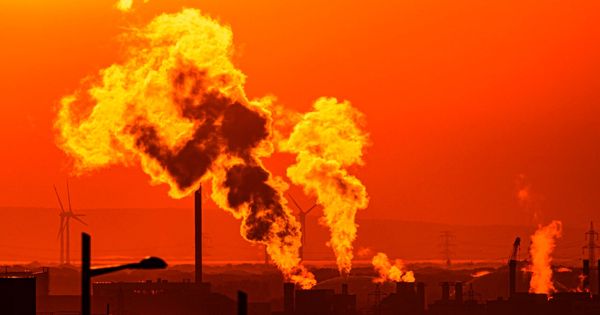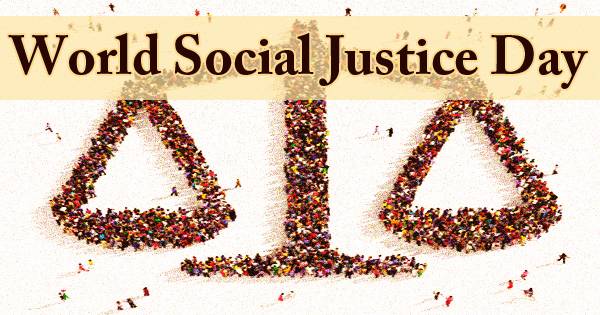A complex society is a term used by a variety of disciplines to characterize a stage of social creation, including anthropology, archaeology, history, and sociology. Scholars aiming to comprehend the emergence of modern nations, specifically the move from tiny kin-based communities to huge hierarchically structured societies, developed the notion.
A complex society has characteristics such as:
- A state with a big population whose economy is organized around specialization and division of work. These economic characteristics give rise to a bureaucratic class and institutionalize inequality.
- Archaeologically significant characteristics include large architectural undertakings and specified funeral procedures.
- Large-scale agricultural growth, allowing people of society to devote time to specialized skill sets.
- A well-organized political structure.
The word is generally used as a shorthand to describe a civilization with a complex political organization that uses technology to boost economic production.
Human communities began to function substantially differently than in the past around 12,000 years ago. Rather than relying solely on hunting or gathering food, several communities developed food-production systems. Humans began to create agricultural settlements around 10,000 BCE.
This had major repercussions in the social domain, signaling a significant break from previous social systems; people lived in larger, denser, and more permanent settlements and not everyone had to dedicate their entire time to food production. Because there was no need for all citizens to spend their full time on food production, specialization within society became possible. As a result, extra food, which did not go directly to farmers’ families, was provided to members of society.
Another important aspect of this new social order was the creation of the concept of ownership; unlike wandering hunter-gatherer bands, farmers committed a significant amount of time and energy to cultivate specific tracts of land, and as a result, they became connected to them. As a result of the likelihood of conflict, strong leaders and codes of conduct arose in reaction.
Civilizations conjure up ideas of stone walls, monuments, and highways, but they are more than just a sturdy physical infrastructure. People began to build social infrastructures: economic, political, and religious organizations that established new social hierarchies, in order to facilitate the organization and management of these enormous, dense societies. People with specialized vocations, such as professional administrators, farmers, artisans, dealers, merchants, and spiritual leaders, inhabited these hierarchies. Furthermore, when trade and conflict with other civilizations expanded, cities required diplomats, troops, and centralized rulers.
Most cities arose from villages, and some evolved into city-states, which are self-governing urban centers and agricultural regions. Because of the surplus food production provided by nearby villages, certain residents were able to avoid participating in food production, resulting in the formation of various specialized roles and related classes.
















